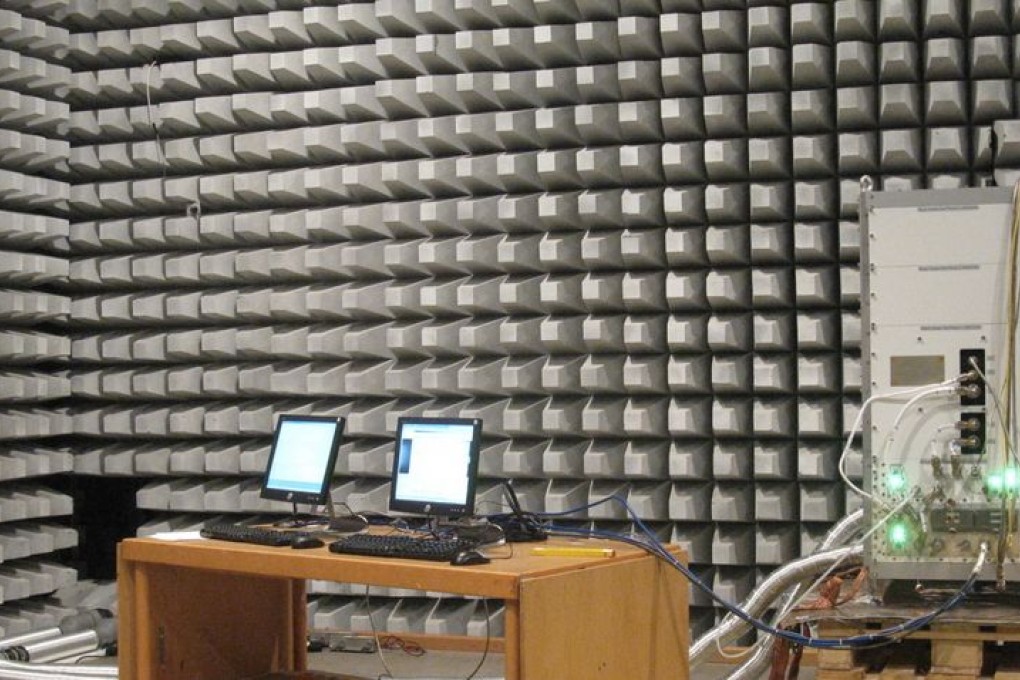Investing in China's start-ups is a risky business – but can reap big rewards
Many investors put money into a young company or help fund a project in return for equity in future developments and a share of the profits. But it’s a risky business.


Shenzhen is known as the Silicon Valley of China for good reason: tech giants Tencent, BYD, Huawei and ZTE have their headquarters there, and the infrastructure, investment and government support enables the city in the Pearl River Delta to generate more hi-tech enterprises.
Coolpad, Dingoo and G’Five International started in Shenzhen, and The Economist describes the city as the best place in the world to be a hardware innovator. Industry insiders estimate there are more than 2,000 design houses and 5,000 product integrators in Shenzhen alone, as designers, inventors and entrepreneurs from all over the world bring their ideas to life. From tiny portable sensors that record movement on the human body to a mechanical guitar tuner that connects to a mobile phone, purse-bound battery chargers and 3D printers, it's all dreamed up and built in Shenzhen.
“[Shenzhen has] access to a complex ecosystem of small to large scale manufacturing entities, electronic markets, and a fairly open environment of experimentation,” says Silvia Lindtner of the University of California, Irvine, and Fudan University in Shanghai.
How can investors take advantage of this climate of innovation and enterprise and hook up with a promising start-up in Shenzhen?
“From time to time, there are a few events which allow start-ups to pitch locally and that's a straightforward way to find people,” says Cyril Ebersweiler, the founder of Haxlr8r, a Shenzhen- and San Francisco-based seed accelerator for hardware start-ups. “This includes trade shows. In general, the best way investors get put in touch with any company is through referral...”